October

World Music Day
The International Music Day is celebrated on October 1. Music is the greatest invention of mankind, which has existed on earth for thousands of years. This unique cultural language is an integral part of people's self-expression, it reflects the cultural traditions and customs of different peoples. The International Music Day was organized by the International Music Council under UNESCO on 1st of October, 1975, in accordance with the resolution taken at the 15th General Assembly in Lausanne in 1973. Every year on October 1, concerts with the participation of brilliant musicians and artists are held in all countries, unusual, unique pearls of the world's musical treasure are performed.
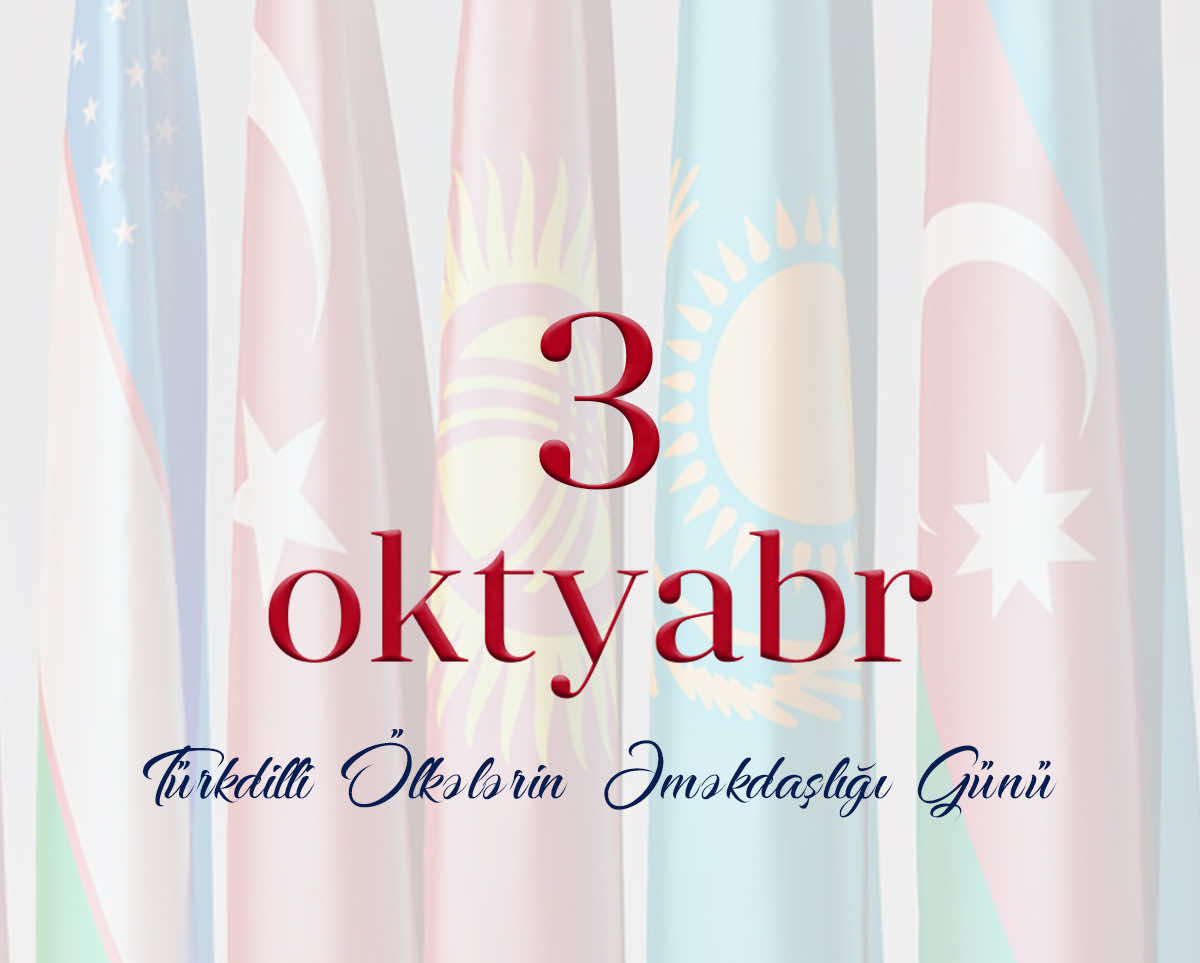
Turkic Speaking States Cooperation Day
October 3 is celebrated annually as the “Turkic States Cooperation Day”. This date is celebrated since the signing of the Nakhchivan Agreement (October 3, 2009) on establishment of the Cooperation Council of Turkic-Speaking States. The Organization of Turkic States constructed on four main pillars of common history, common language, common identity and common culture and is an important regional platform for the development of cooperation and solidarity between member states.
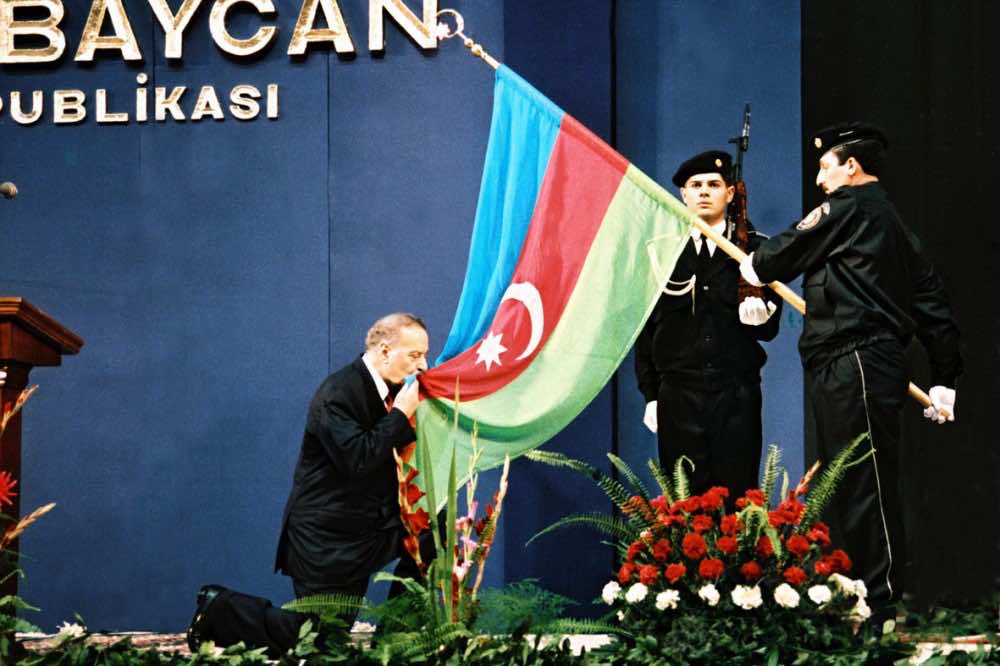
Election of Heydar Aliyev as President of the Republic of Azerbaijan (October 3, 1993)
On October 18, 1991, when Azerbaijan gained its independence it declared itself the political and legal successor of Azerbaijan Democratic Republic. The first years of independence were extremely difficult for the country, which was experiencing formidable problems and major political turbulence. Since the beginning of 1993, a deep socio-economic and moral-psychological crisis has prevailed in the country. All this led to a general crisis. As Armenia’s military aggression expanded, the contradictions between the government and the army command in the country deepened. The insubordination of a military unit under the command of Colonel Surat Huseynov led the country into total chaos.
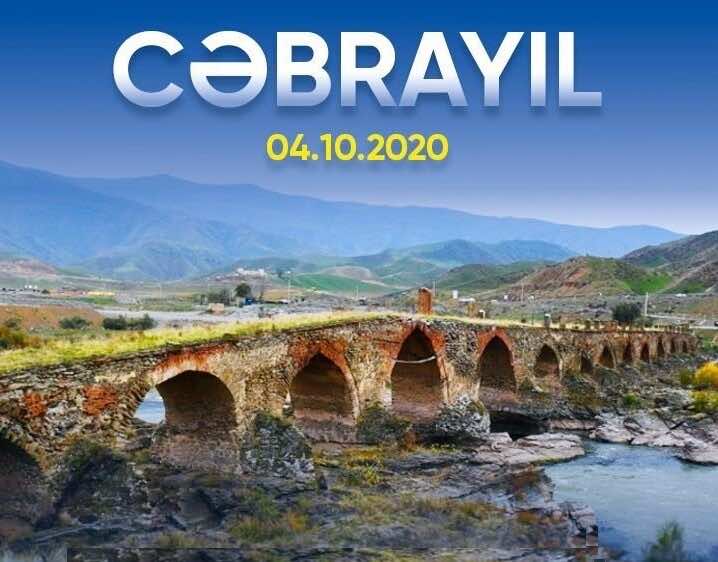
Jabrayil City Day
Jabrayil is located in the southeastern part of the Lesser Caucasus, in the Gayane Plain and the Karabakh Range. The area borders the Islamic Republic of Iran along the Araz River in the south. The area of the district is 1050 km². The region is mostly mountainous. The bank of the Araz River was once covered with dense tugai forests. The soils of the plains along the Araz are dark chestnut, characterized by high productivity. The Jabrayil region was formed on August 8, 1930, and on January 4, 1963 it was liquidated and annexed to the Fuzuli region. The district was re-formed on June 17, 1964.
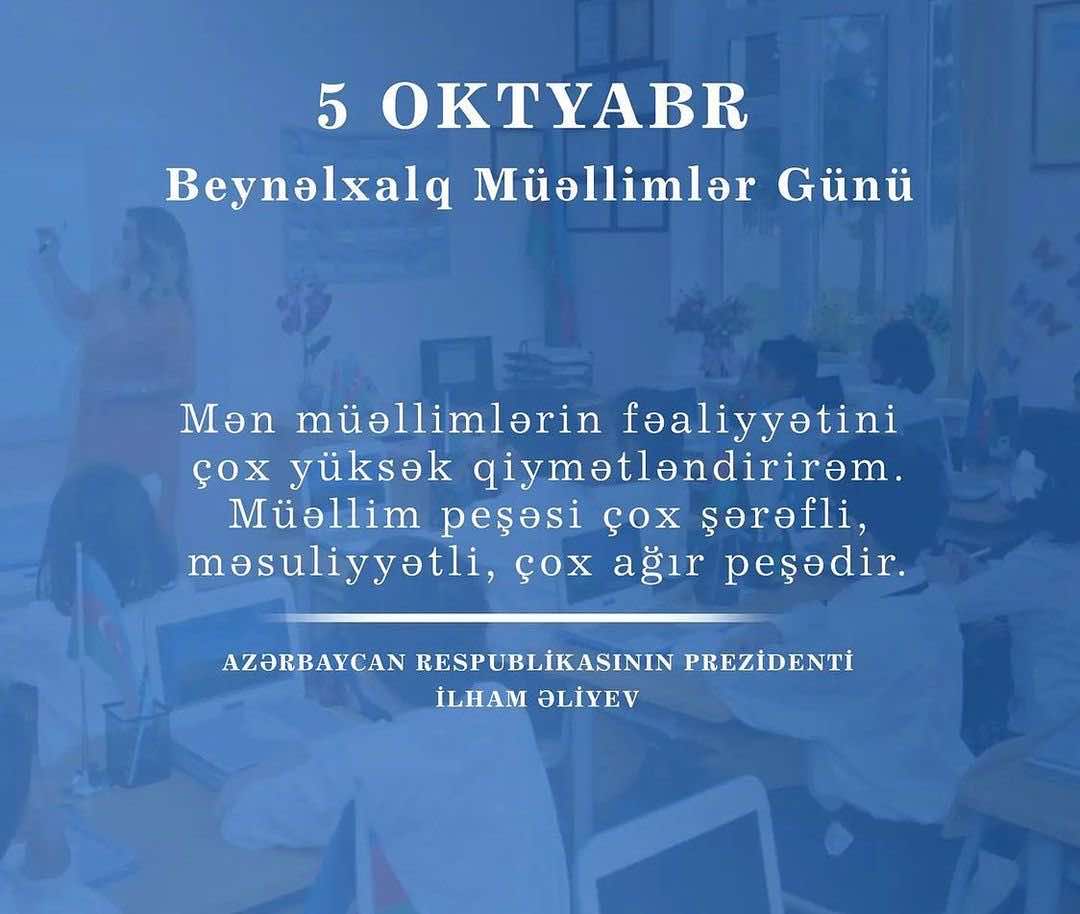
World Teachers' Day
5 October is World Teachers' Day. The decision to celebrate this date was adopted by UNESCO for the first time on October 5, 1966. The UNESCO Recommendation has been considered an important set of guidelines to promote teachers’ status in the interest of quality education. At present teachers celebrate their professional holiday in more than 100 countries of the world on October 5. In independent Azerbaijan, the Great Leader Heydar Aliyev issued a decree on this holiday. Our national leader Heydar Aliyev always appreciated the work of teachers and spoke warmly about them.

World Post Day
World Post Day is celebrated each year on 9 October, as the union was founded on 9 October 1874 in Bern, Switzerland. This date was first declared World Post Day at the 1969 UPU Congress in Tokyo, Japan, with the participation of representatives of more than 20 countries. Thus, the main document defining the general principles of the Universal Postal Union and the rights and obligations of its members – the Universal Postal Convention was adopted. Currently, 192 countries are represented in this institution. Our country became a member of the UPU in 1993, and since then, World Post Day has been widely celebrated in our country.
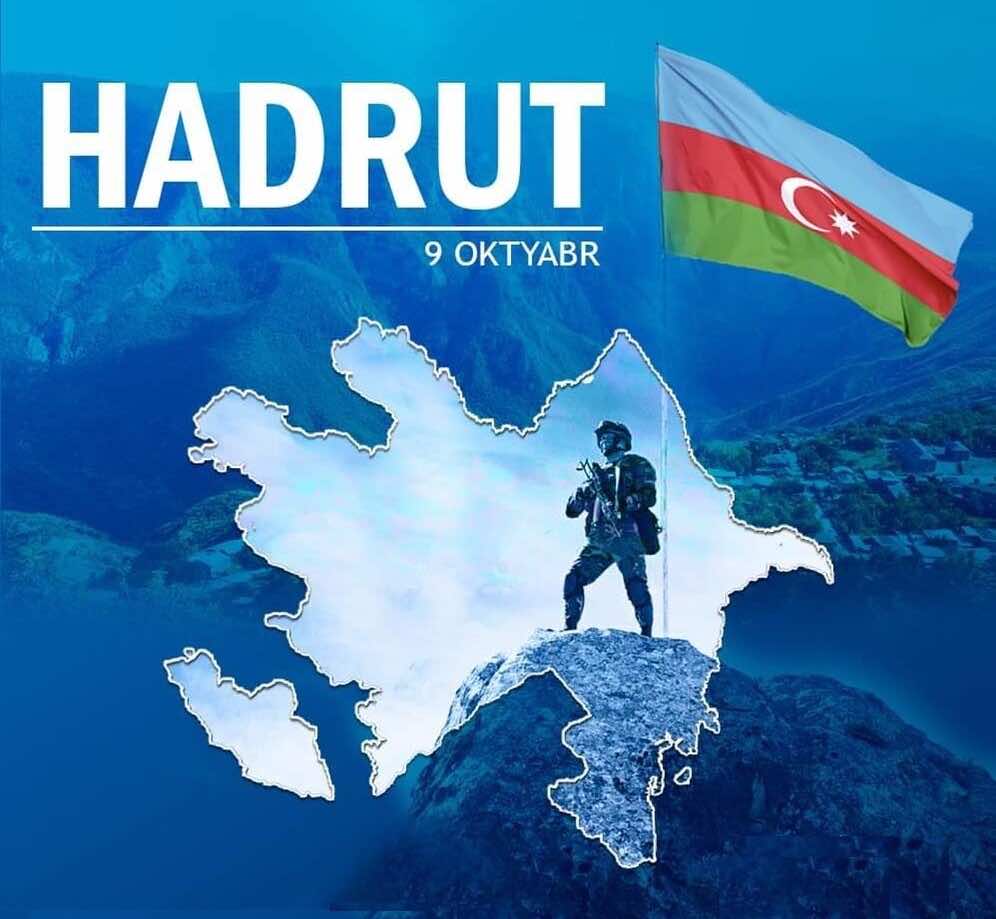
The liberation of Hadrut settlement from occupation
Hadrut is located in the Hadrut-Gozluchay valley, not far from Mount Argunesh. It is home to ancient cultural monuments, although the exact time of the settlement’s foundation is unknown. The name of the settlement was first mentioned in Ottoman sources in 1727 as the village of Hadrut in Dizag district. In tsarist times Hadrut village was a part of Jabrail district of Elizavetpol province. In 1923, Hadrut village was included in the Nagorno-Karabakh Autonomous Oblast of the Azerbaijan SSR, and in 1930 it was chosen as the administrative centre of the newly created Dizag district. In 1939 this district was named Hadrut district after the name of its centre.
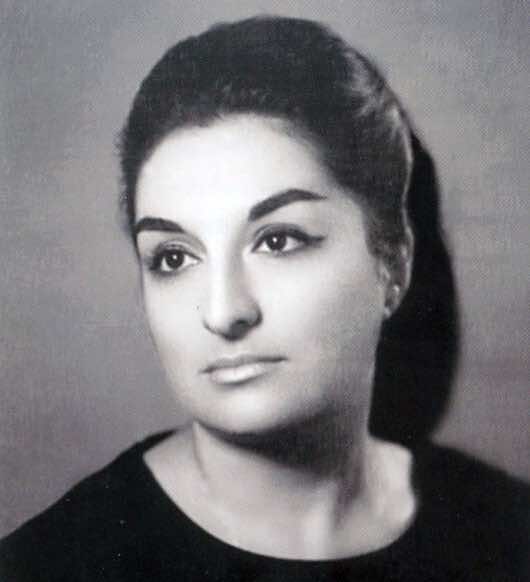
Eminent orientalist Aida Imanguliyeva
Aida Imanguliyeva was born in an intellectual family on October 10, 1939, in Baku. After graduating from secondary school No. 132 in Baku city with a gold medal, Aida Imanguliyeva studied at the Faculty of Oriental Studies of Azerbaijan State University from 1957 to 1962 in the department of Arabic language and literature. In 1966, after completing postgraduate studies in Arabic philology at the Institute of Oriental Studies of the USSR Academy of Sciences in Moscow, she received an appointment to work at the Academy of Sciences of Azerbaijan. At first, she worked as a junior researcher at the Institute of Near and Middle Eastern Civilizations.
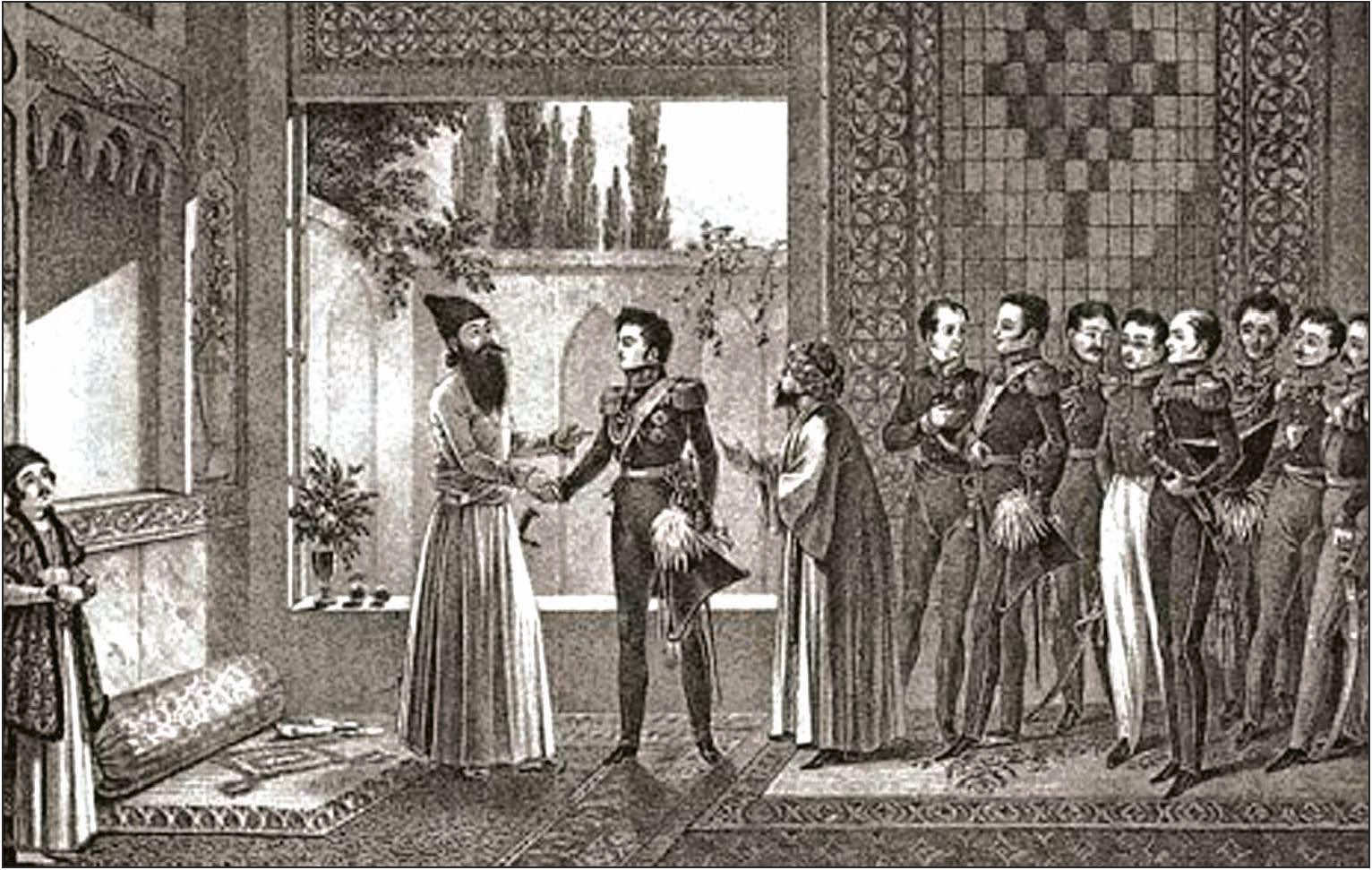
Treaty of Gulistan
The Treaty of Gulistan was a peace treaty concluded between the Russian Empire and the Qajar State, on 24 October 1813 in the village of Gulistan (now in the Goranboy District of Azerbaijan) as a result of the first full-scale Russo-Persian War (1804 to 1813). According to this Treaty, Northern Azerbaijan (except for the khanates of Iravan and Nakhchivan) went to Russia and Southern Azerbaijan to Iran. From the 18th century onwards, Russia’s advance towards the Black Sea and Caspian coasts complicated the situation in the Caucasus.
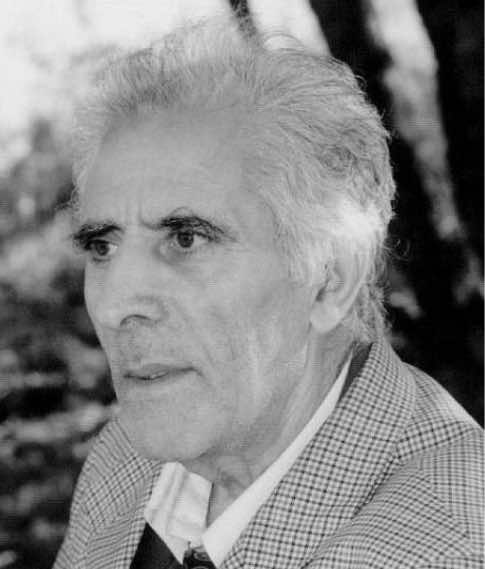
People's poet Mammad Araz
Mammad Infil oglu Ibrahimov (Mammad Araz), a prominent poet, translator, and publicist of Azerbaijan, was born on October 14, 1933 in Nursu village of Shahbuz district. In 1940, he went to primary school in the village of Nursu, Shahbuz district. In 1945, while studying at school, his father Infil was exiled to Siberia as an "enemy of the people". In 1950, Mammad Araz entered the geography faculty of the Azerbaijan Pedagogical Institute, during his student years, he actively participated in the literary circle led by the writer Ismayil Shikhli. In 1952, the first printed poem “Burn my lights” (“Yanin Ishiqlarim”) by Mammad Araz appeared in the magazine "Revolution and Culture".
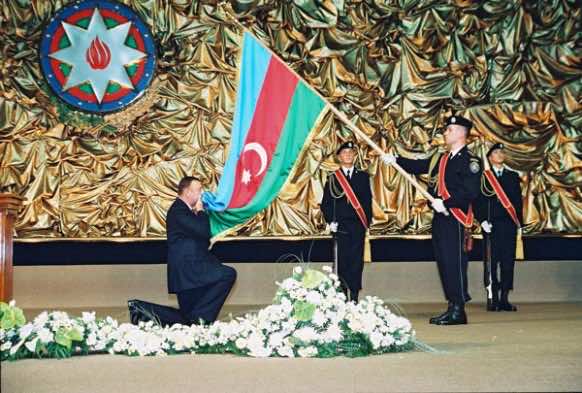
Election of the President of the Republic of Azerbaijan Ilham Aliyev (15 October 2003)
A democratic electoral system was formed in Azerbaijan in the era of independence, at the historical stage of which presidential, parliamentary and municipal elections were held. The election of prominent statesman Heydar Aliyev as President of the Republic of Azerbaijan on 3 October 1993 was a true example of democratic elections in our country. At this election, the cohesion and unity of the people and the state brought victory to our country and became the basis for the creation of a new historical epoch. After the rule of the National Leader of the Azerbaijani people Heydar Aliyev to take part in the elections as the President of the Republic and win was a difficult and responsible task.
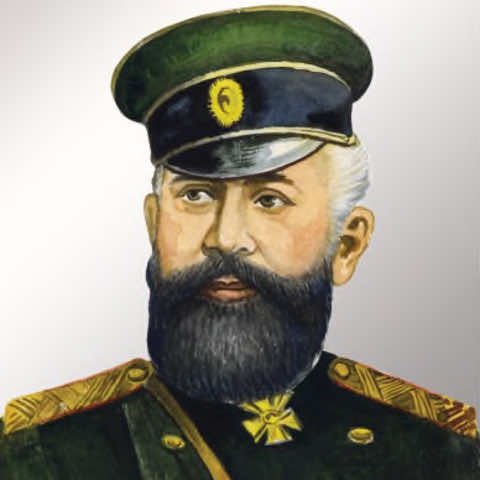
Outstanding military figure, General Samad bey Mehmandarov
Samad bey Sadykh bey oghlu Mehmandarov was born on October 16, 1856, in Lankaran. He was a prominent military figure, Minister of War of the ADR, general of artillery. His father, originally from Shusha, lived in Lankaran on a government job. He received his first education in Baku, at the Edadiya School. And in 1873 he entered the 2nd Konstantinovsky military school in St. Petersburg. In 1875, Mehmandarov received the rank of ensign and was sent to the 1st Turkestan artillery brigade. Mehmandarov, who later served in the 2nd and 38th artillery brigades, was sent to the Warsaw military district in 1894, and in 1898 he was transferred to the Trans-Baikal military division.
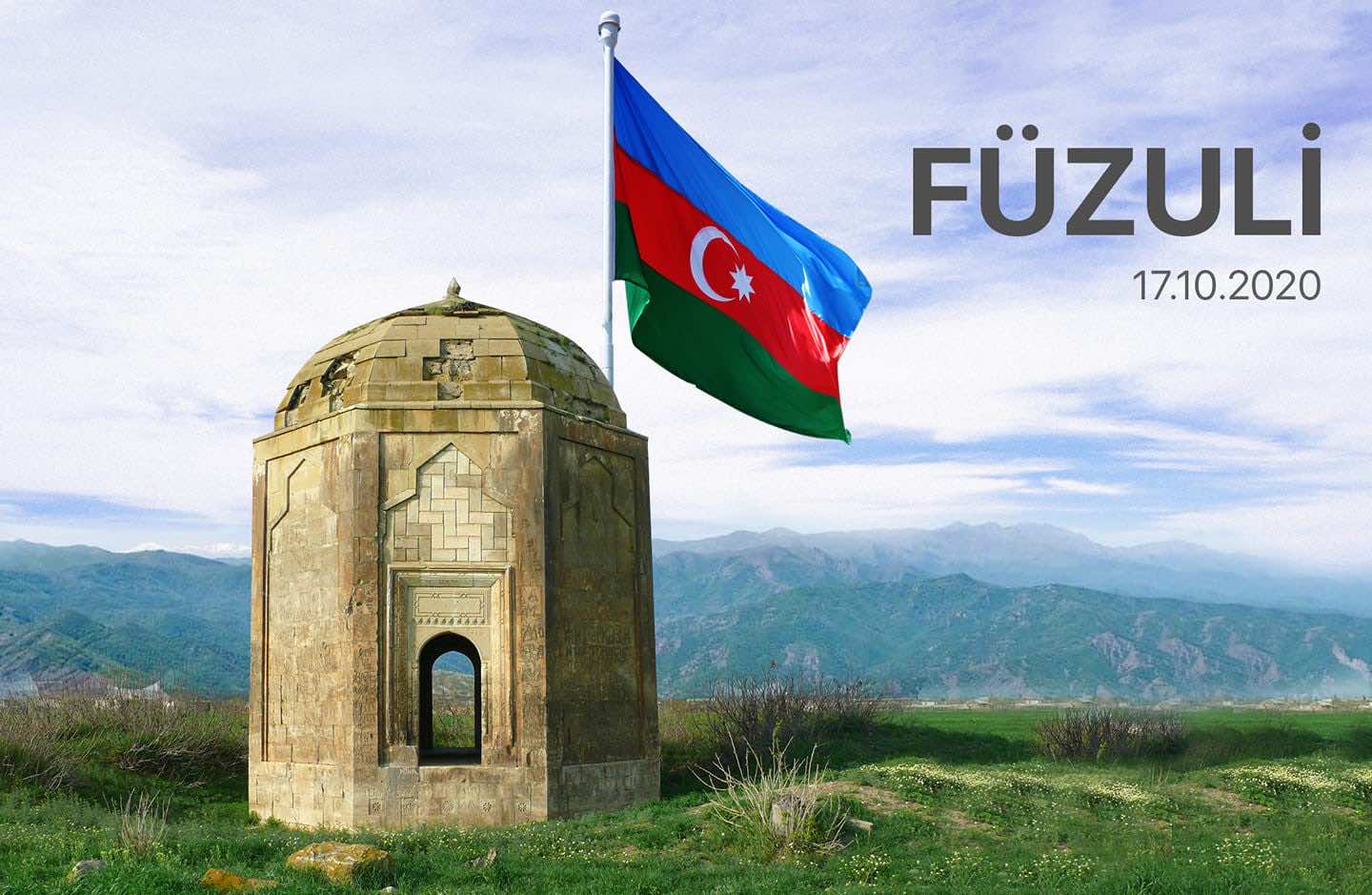
Fuzuli City Day
Fuzuli- an administrative district in the Republic of Azerbaijan. Fuzuli covers sloping plains and lowlands from the south-eastern foothills of the Karabakh mountain range to the Araz river. It borders on Azerbaijan’s districts of Khojavand, Jabrayil, Aghjabadi and Beylagan, as well as Iran along Araz river. Fuzuli district was established as an administrative territorial unit on September 10, 1827, and its original name was Karabulagh. It was organized as a district on August 8, 1930 and was named Karyagin. In April 1959, in honor of the 400th anniversary of the birth of the great Azerbaijani poet Muhammad Fuzuli, the name of the district was changed to Fuzuli district.
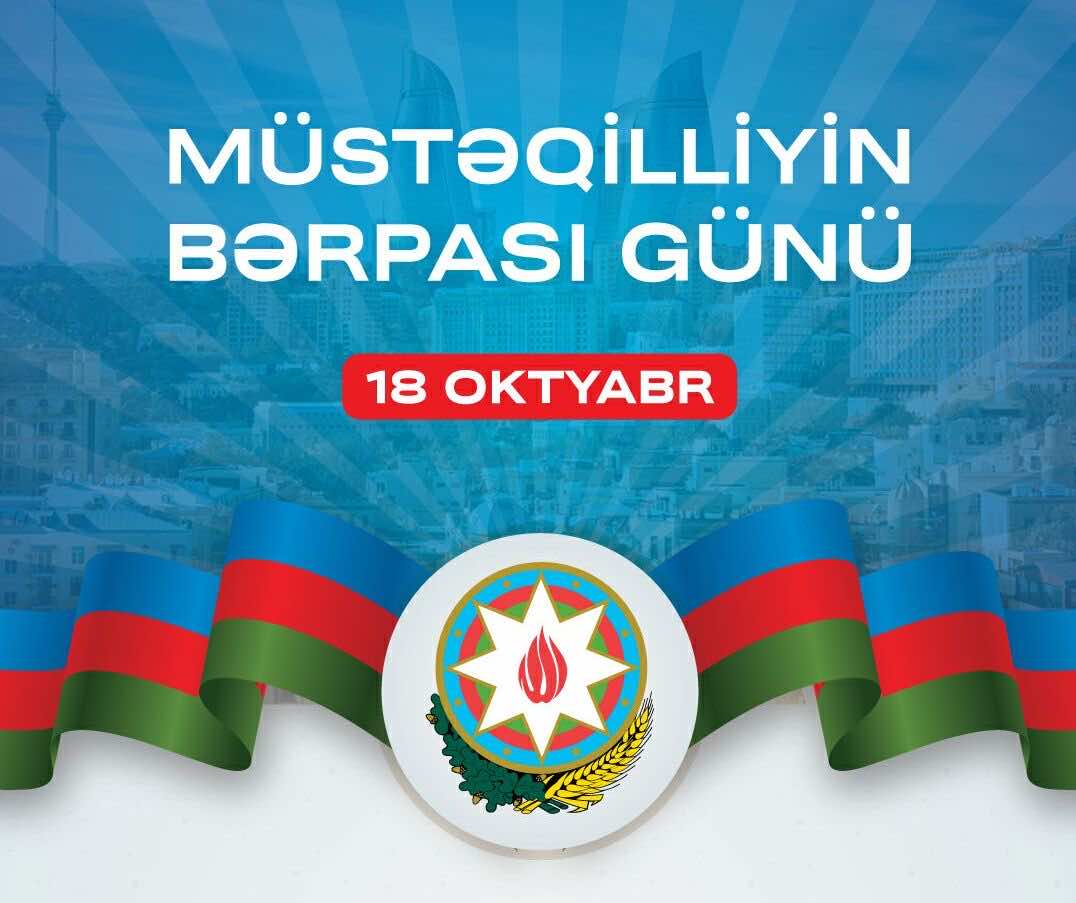
Restoration of Independence Day
Azerbaijan gained state independence twice in the 20th century. The life of the Azerbaijan Democratic Republic, which existed in 1918-1920, lasted only 23 months. In Azerbaijan, which regained its independence in 1991, it was not easy to preserve it. In the second half of the 1980s, a pre-crisis situation arose in the economic, political and spiritual life of the Soviet empire. The dogmatic communist ideology, which was the moral support of the current system of government, had collapsed. In the union republics, signs of national self-awareness, protests against the trampling on human rights and looting of the country’s wealth were growing stronger.
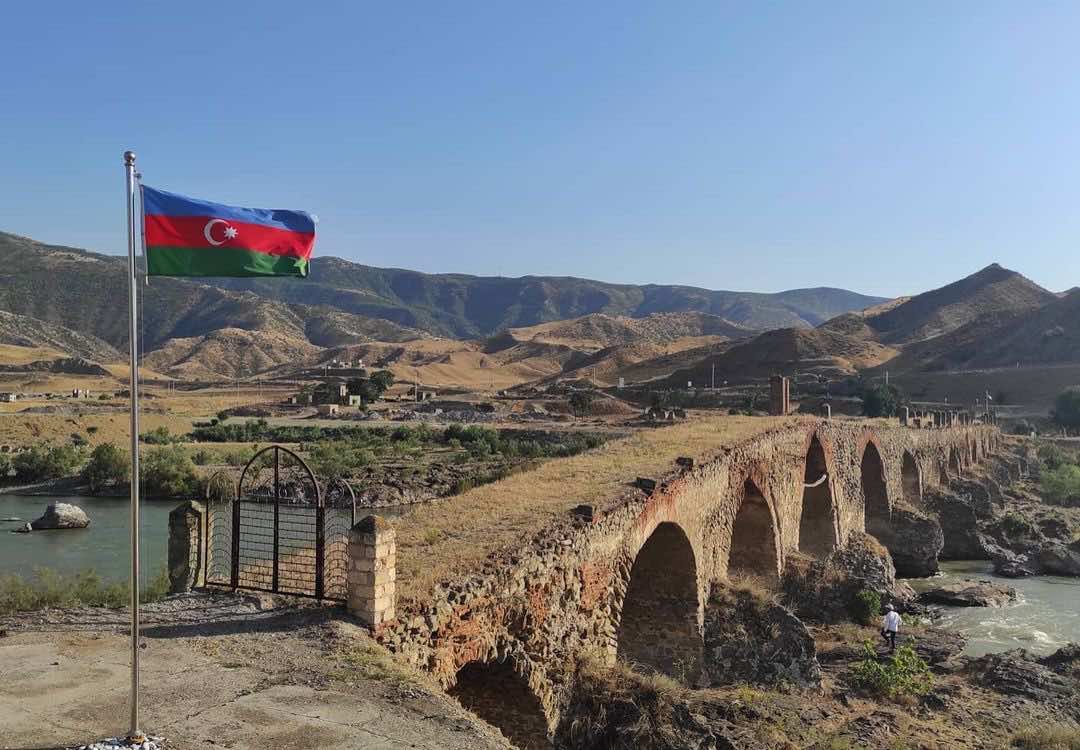
Raising the flag of Azerbaijan over the Khudaferin Bridge
Over the centuries, many bridges have been built across the Araz River, but only two of them, located in the village of Khudafarin of Jabrayil region, have survived to this day. These bridges, 750 meters apart, are located in the Khudafarin gorge, one of the most convenient passages of the riverbed. So, there are big rocks in the widening riverbed. Those rocks served as a reliable foundation for the bridge arches. Khudafarin bridges are among our magnificent historical monuments, which are considered a jewel in the history of Azerbaijani architectural art. Two bridges built over the Araz River still exist today.

Power Engineers’ Day
On October 20, 1981, on the initiative and under the leadership of the Great Leader Heydar Aliyev, a new stage in the development of Azerbaijani energy was laid, with the commissioning of the first power unit of the “Azerbaijan” TPP – the largest power plant in the South Caucasus region. By the Order of the President of the Republic of Azerbaijan, Mr. Ilham Aliyev, No. 446 dated October 13, 2004, that date was established in our country as the “Power Engineers’ Day”. Establishment of the Power Engineer’s Day is an expression of the great importance that the leadership of our country attaches to the selfless labour of people working in this sphere.
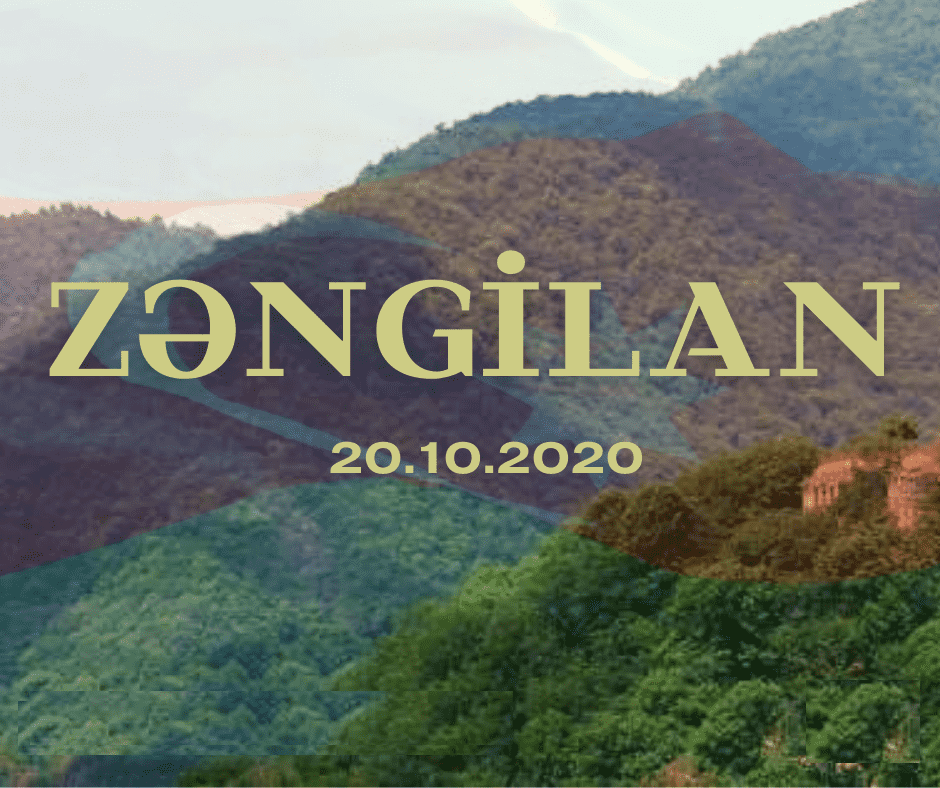
Zangilan City Day
Zangilan district – Administrative district in the Republic of Azerbaijan. It was established in 1930. Situated in the southern-east of Lesser Caucasus and left Shore of Aras River. The district is bordered with Gubadli district to the north, Jabrayil district to the east, the Republic of Armenia in the west and northern-west, the Islamic Republic of Iran in the south and southern-east. The territory of the region was subjected to separate administrative-territorial division in different periods. During the Russian invasion until 1828, part of the territory of the region to the west of Basitchay was part of Nakhchivan, and part to the east was part of the Karabakh Khanate.
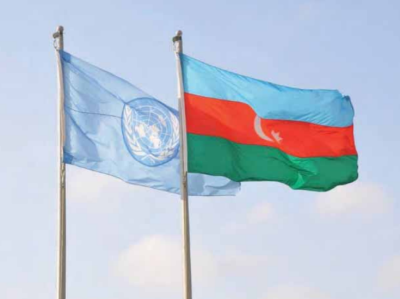
Election of Azerbaijan as a temporary member of the UN Security Council
United Nations (UN), international organization was established on October 24, 1945, after World War II with the aim of preventing future world wars. The name “United Nations” was coined by United States President Franklin D. Roosevelt. On 1 January 1942, twenty-six States at war with the Axis Powers, including the United States, the United Kingdom, China, and the Union of Soviet Socialist Republics (USSR), subscribed to the common programme of purposes and principles embodied in the Atlantic Charter in a document, which became known as the “Declaration by United Nations”. Twenty-one other States adhered to that Declaration later.

Gubadli City Day
Gubadli district is located in the south-west of the Republic of Azerbaijan, in the south-east of the Karabakh plateau. The surface is predominantly mountainous. It is located in the south-west of the Azerbaijan Republic, in the south-east of the Karabakh plateau. The district shares a 120-km border with Armenia, to the west, Lachin and Khojavand districts to the north, Jabrayil district to the east and Zangilan district to the south. Two big mountain rivers flow through the region – the Hakari and Bargushad rivers and most of the villages are located around them. Gubadli city is situated in the south-east of Karabakh plateau, on the bank of the Bazarchay River.

The Republic Day of Turkey
October 29 is the 100th anniversary of the establishment of the Republic of Türkiye. The establishment of a new state - the Republic on October 29, 1923, after the Ottoman Empire, which was already withdrawn from the world stage, added a new glorious page to the history of all Turkic peoples. As is well known from history, consequently the heavy defeats it suffered during the First World War (1914-1918), the Ottoman Empire was not only deprived of its vast geography but also faced the threat of losing its historical territory, a major part of present-day Türkiye.

Opening of the Baku-Tbilisi-Kars railway
One of the main goals of the foreign policy of Azerbaijan regained its independence, is the turning the country into one of the international transport and communication centers. In this regard, the construction of the Baku-Tbilisi-Kars railway plays an important role. The construction of the Georgian railway line between Azerbaijan and Turkey was discussed for the first time in July 1993. The agreement on the construction of the railway was signed between Azerbaijan, Georgia and Turkey in January, 2005. At that time, the implementation of the project was postponed due to lack of funds.

Professional holiday of employees of the Prosecutor's Office of the Republic of Azerbaijan
October 1 is the professional holiday of employees of the prosecutor's office. On July 17, 1998, National leader Heydar Aliyev signed a decree establishing a professional holiday of employees of the prosecutor's office of the Republic of Azerbaijan. The basis for this was the resolution of the Council of Ministers of the Azerbaijan Democratic Republic of October 1, 1918. Based on this resolution, the prosecutor's office was created at the Baku District Court. The history of the prosecutor's office in our country begins with the period of the Azerbaijan Democratic Republic.
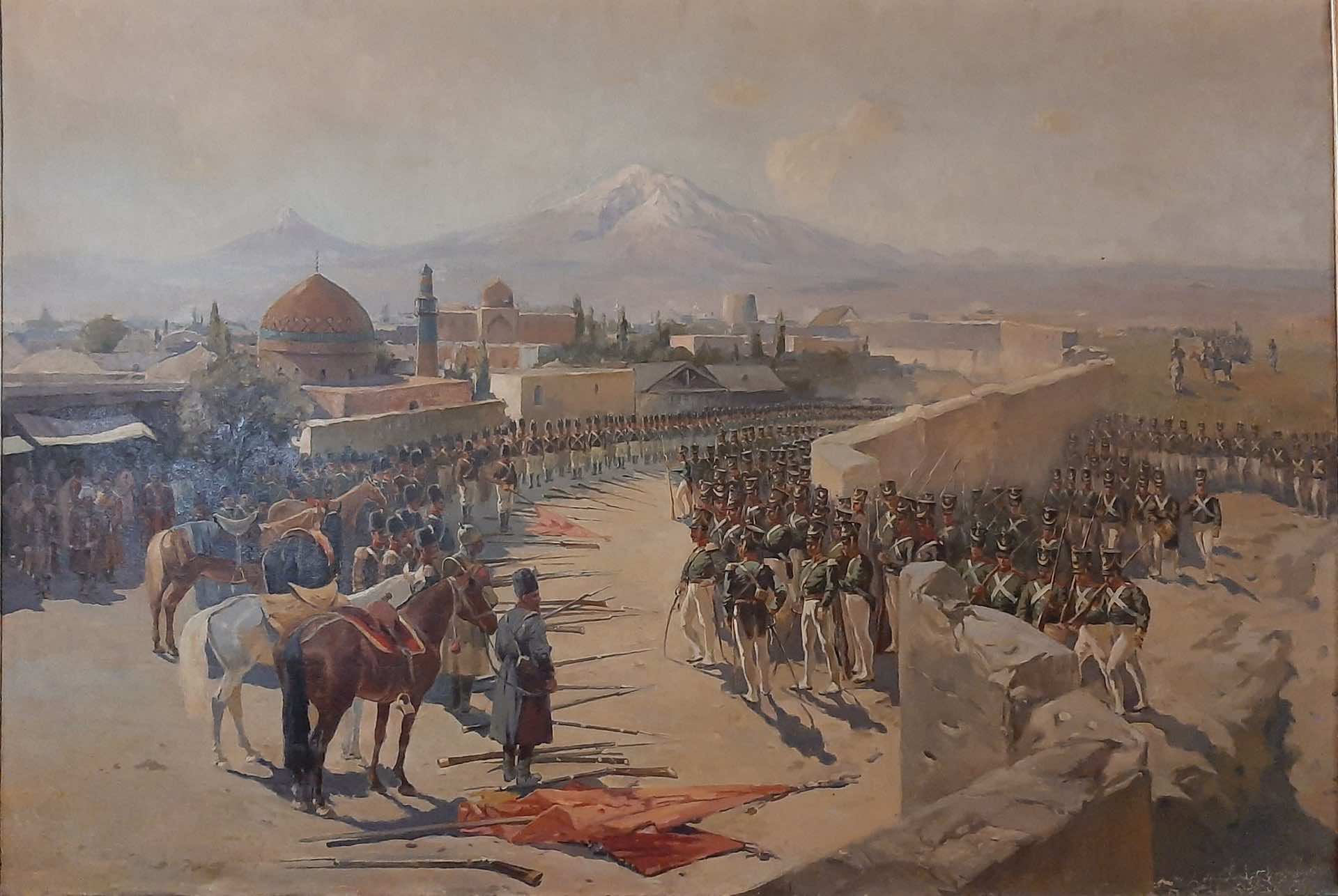
The fall of Iravan fortress
Iravan Fortress was constructed in 1504 under the orders of the Safavid ruler Shah Ismail I by his vizier Ravangulu Khan. It was built on the bank of the Zangi River, at the site of the present-day city of Iravan. The purpose of the fortress was to defend the borders of the Safavid state from foreign raids. Initially known as Ravan Fortress after its builder, the name evolved into Iravan in the local dialect. According to initial sources, the fortress had a square layout measuring 790 by 850 meters, encompassing an area of 7 hectares. The fortress walls, built in two layers, extended for a total length of 4.5 kilometers.

Professional holiday of Azerbaijani railway workers
According to the decree "On Establishing the Professional Holiday of Railway Workers" signed by the President of the Republic of Azerbaijan, Ilham Aliyev on October 7, 2005, October 13 is celebrated annually as Railway Workers' Professional Holiday in Azerbaijan. Azerbaijan’s steel trunk has undergone a remarkable journey of development. The Azerbaijan Railway, which had long been a segment of the Transcaucasus Railway and operated as the Baku section, became an independent function under the Ministry of Railways of the USSR on October 13, 1955. The Railway Workers' Professional Holiday was established based on this date.
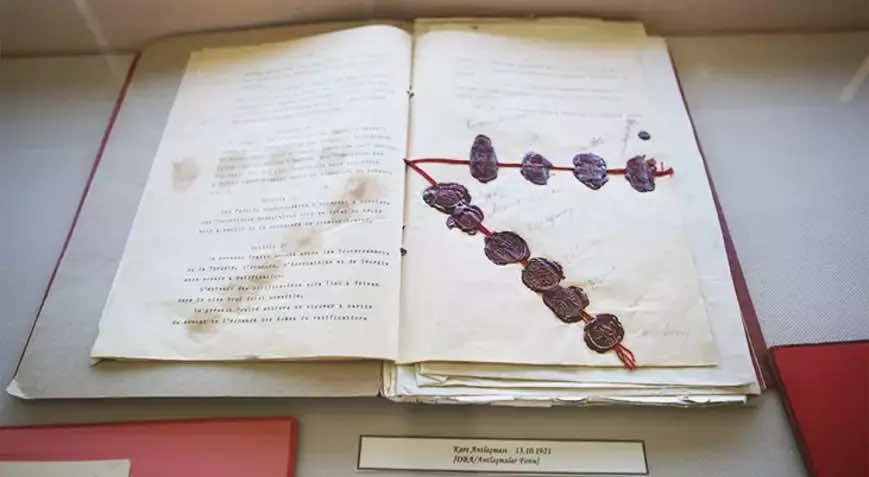
Treaty of Kars
A conference was held in Kars from September 26 to October 13, 1921, to clarify the relations between Turkey and the South Caucasus republics, including territorial and border issues. By the decision of the Political Bureau of the Central Committee of the Communist Party of Azerbaijan Behboud Shahtahtinsky, People's Commissar of Justice and the Workers' and Peasants' Inspectorate of the Azerbaijan SSR was appointed the representative of the Azerbaijan SSR at the conference. The Azerbaijani government aimed for strong representation in Kars, highlighted by Behbud Shahtahtinsky's participation in the meeting, indicating the leadership of Soviet Azerbaijan placed great importance on this issue.
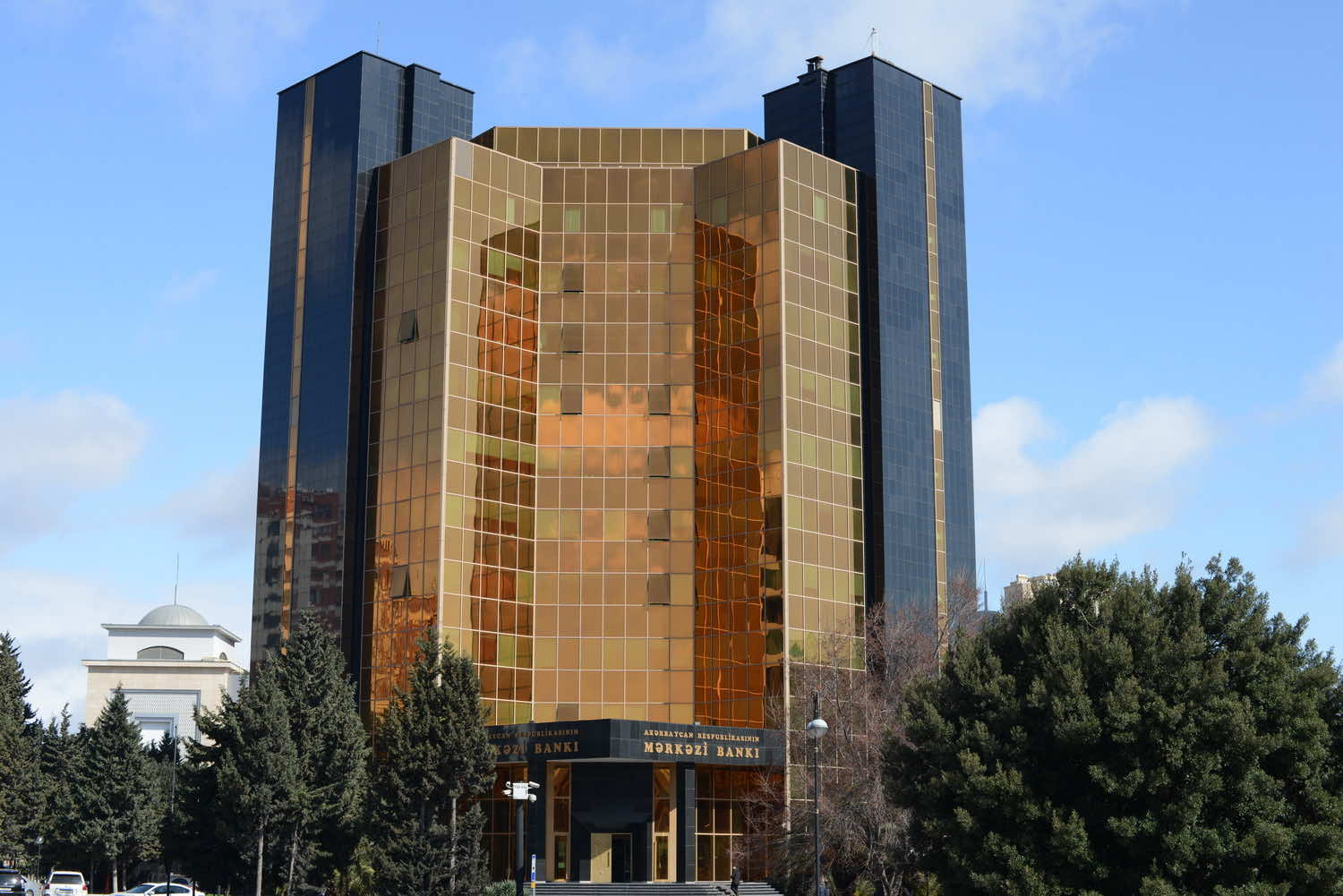
The establishment of the State Bank of Azerbaijan (October 16, 1921)
On May 28, 1918, Azerbaijan declared its independence founding the Azerbaijan Democratic Republic, the first democratic republic in the Muslim world. In its early days, the independent country commonly used Russian rubles. Starting in January 1918, Transcaucasian bonds, along with the "Baku bonds" released by the Baku City Administration and the Municipal Service of the Baku Soviet by the decision of the Baku Council of People's Commissars, were also in circulation. At that time, the Baku branch of the former State Bank of Russia continued its operations. On March 7, 1919, the Azerbaijani government resolved to establish the Azerbaijan State Bank.
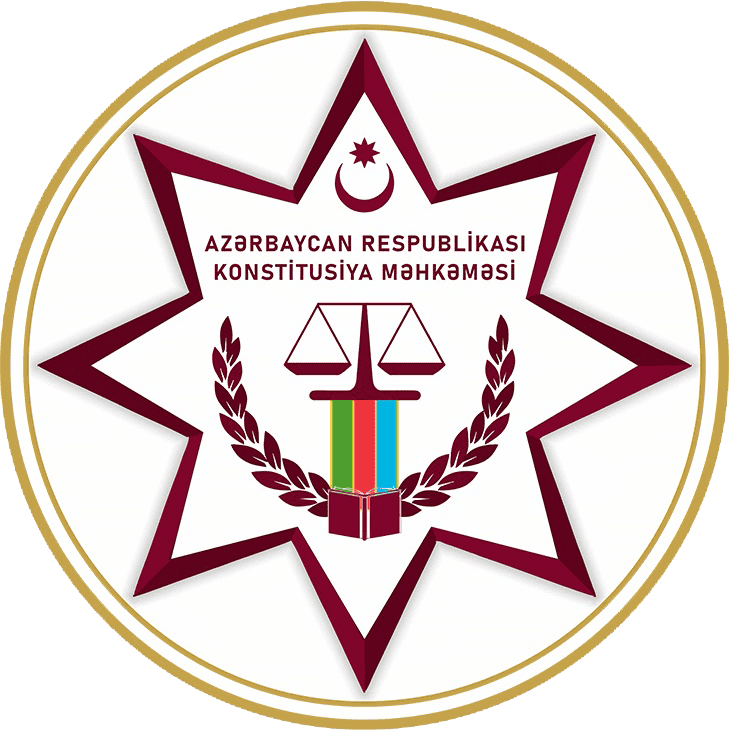
Adoption of the Law on the Constitutional Court
The Constitutional Court of the Republic of Azerbaijan is the supreme body of constitutional justice on the matters attributed to its jurisdiction by the Constitution of the Republic of Azerbaijan. The Constitutional Court is an independent state body that does not depend in its organizational, financial, or any other form of activity on any legislative, executive, and other judicial bodies, local self-government bodies, or legal and physical persons. The basic objectives of the Constitutional Court are ensuring the supremacy of the Constitution of the Republic of Azerbaijan and the protection of individual’s fundamental rights and freedoms.